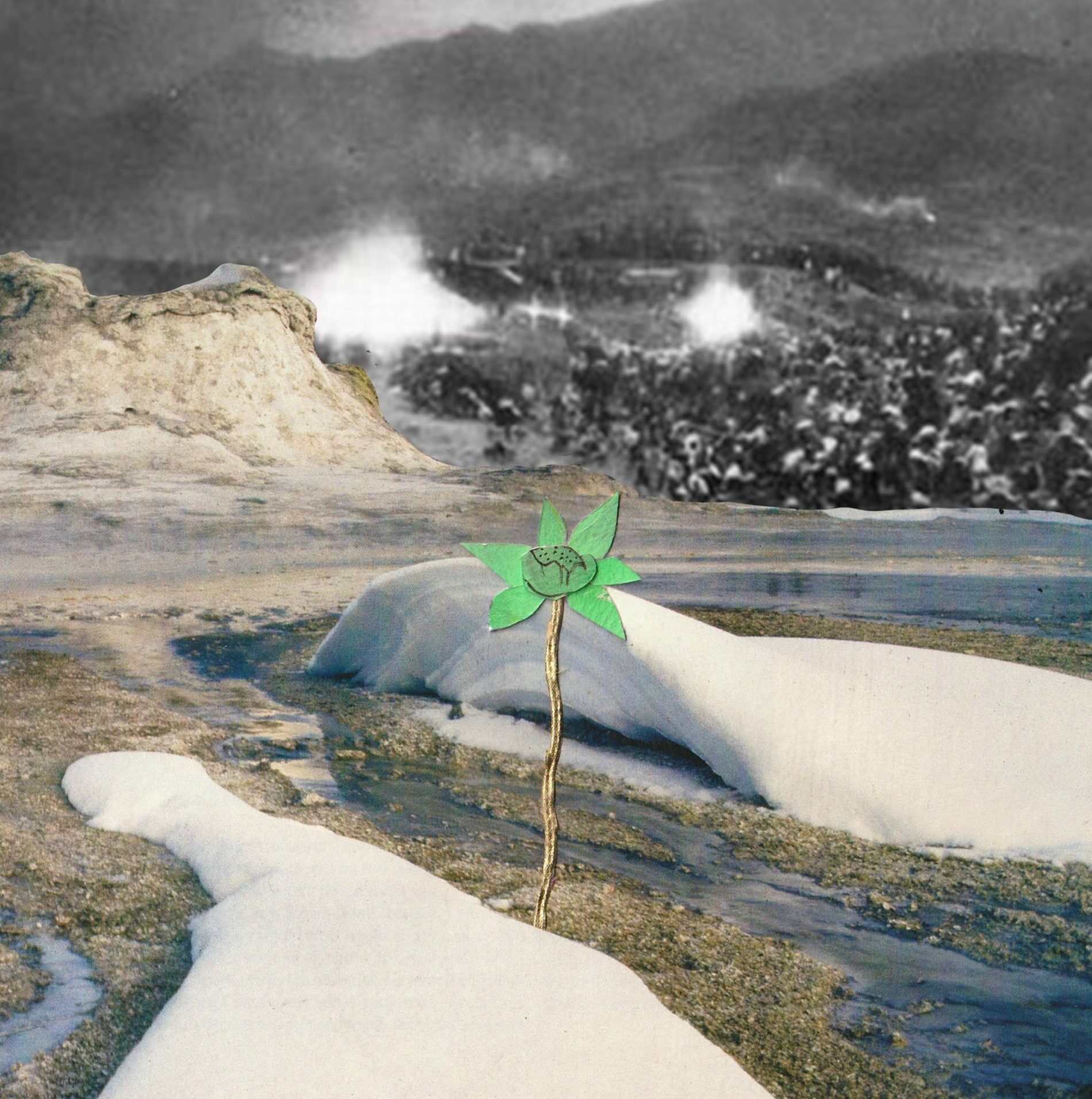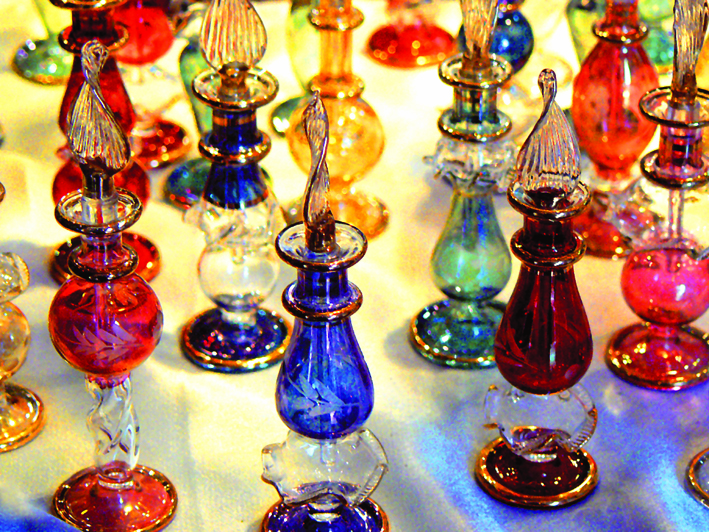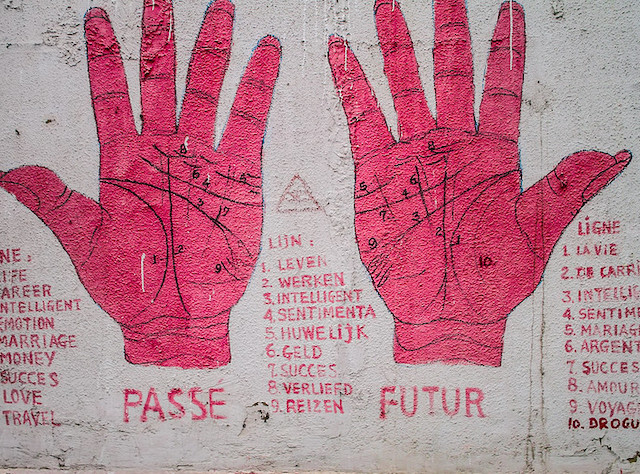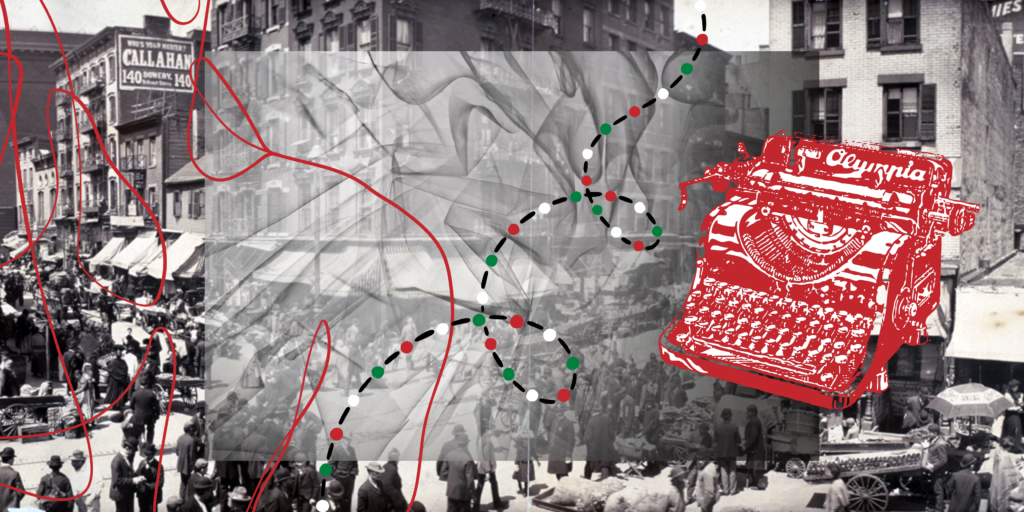Sometimes, she was just so hard to reason with.

May 1, 2023
This piece is part of the Love Letters notebook, which features art by Ali El-Chaer.
“Take me back to the Grand Tetons,” Mei-Lien says to me. “Mountains swallow sorrow.”
I consider her proposal while stirring the roasted duck congee on the stovetop. “We can go,” I say. “But only if you promise to see Dr. Loshi when we come back.”
The last time I’d suggested she see a psychiatrist, she’d just held up her open palm and started talking about her grandmother, who survived the atrocities of the Cultural Revolution in China without ever breaking, without needing anyone else’s help. “This was all Grandma had for comfort, after the Red Guard slaughtered her parents,” she’d said, lifting her grandmother’s jade lotus pendant from her chest.
This time, when she looks down at our hardwood floor and says, “OK,” I’m ecstatic. I wrap my arms around her and squeeze her hard, but she doesn’t move or even turn her head to face me.
A year ago, when she was in one of her down moods, I took her barn dancing in the Tetons. Mei-Lien revived—her bouncing steps and her swinging arms, her black hair flying as she locked elbows with me and the other dancers twirling on the hay. She’d laughed and laughed, the string lights hanging from the barn rafters illuminating her eyes.
I’d bought her a GoPro camera, which she’d stuck to the top of her helmet and turned on. We rode our bikes, red lights blinking, along the mountain loop.
When we got home, she couldn’t get out of bed, not for days. Her favorite slow-cooked barbecue pork, which I spent entire nights preparing, lay congealed on plates left next to our mattress, untouched.
I navigate our Ford Ranger around the bison herds, at times stopping in the middle of the road to let them gallop past. There are so many more of them than last time.
We stop for rest at Jenny Lake and sit on the shoreline, staring at the mountains across the water.
“Tonight, I want to go to the thermal basin,” she says. “To soak in the hot springs.”
“Not allowed, honey. It’s volcano-fired acid water. People who fall in dissolve immediately.”
Lying on the black sand, she stares up at the blue sky, her face blank. “In the Changbai Mountains near where we lived, Grandma showed me how to find the safe ones.”
She’d never asked to “hot pot” before—taking a dip was illegal. Sometimes, she was just so hard to reason with. I rest my hand on her knee. “This is Wyoming. There are no safe hot springs here.”
“You don’t understand me at all,” she says, knocking my hand away. “Grandma—”
“Can you stop obsessing about your grandma?” I get up, nearly slipping on the slick black pebbles under my feet. “I get it. She survived horrific, horrible things. But that was so long ago. It’s time to move on.”
She turns away from me, curls up, stretches her hand toward a lichen-covered rock. I reach out to her, but she leaves me standing alone. She doesn’t speak to me for the rest of the afternoon.
Upon nightfall, we walk the thermal basin, inhaling sulfur. I protest when she sneaks under the railing and steps beyond the protective boardwalk, but I follow, my shoes dipping into the soggy ground. Steam rises in the moonlight above the hydrothermal vents scattered across the landscape. The bubbling mud pots release gas into the air. Thick and milky, like rice porridge boiling in a cauldron.
She’s brought her cooking thermometer, the kind you sink into the meat of a roasting turkey. As she crouches at the lip of one of the hot springs, gripping my hand for balance, she dips her thermometer underneath. “Not this one,” she says.
This isn’t her. Just the sight of the mountains usually heals her, at least for a few days. Tonight, it’s like she’s in a trance. I can only trail behind, keeping her within reach of my arms.
We’re in the middle of the valley now, the boardwalk a faint scar in the distance. There’s a gurgling oval pool in front of us, shaped like a hot tub. She takes the water’s temperature and turns around to look at me, holding her gaze on me a little longer than I’m used to. Then she pulls away, sliding into the pool with the faintest splash.
At the park ranger station, they wrap me in a fleece camo blanket and make me drink half a bottle of sour orange juice. The search party returns, and a woman in a green trooper hat walks slowly towards me with her eyes cast down. “It wasn’t your fault,” she says. She’s holding something in her hands, which she gives to me.
Outside on my knees, under the Milky Way, I pick up a stone and strike it over and over, breaking the glass and warping the dial. I grip the metal stem and bend it until it snaps, until the sharp edges of the broken pieces rip the skin of my palms. As I watch the blood drip onto the dirt, I am overcome with disgust. The searing pain in my hands is the first genuine pain I’ve felt since Mei-Lien dissolved.



